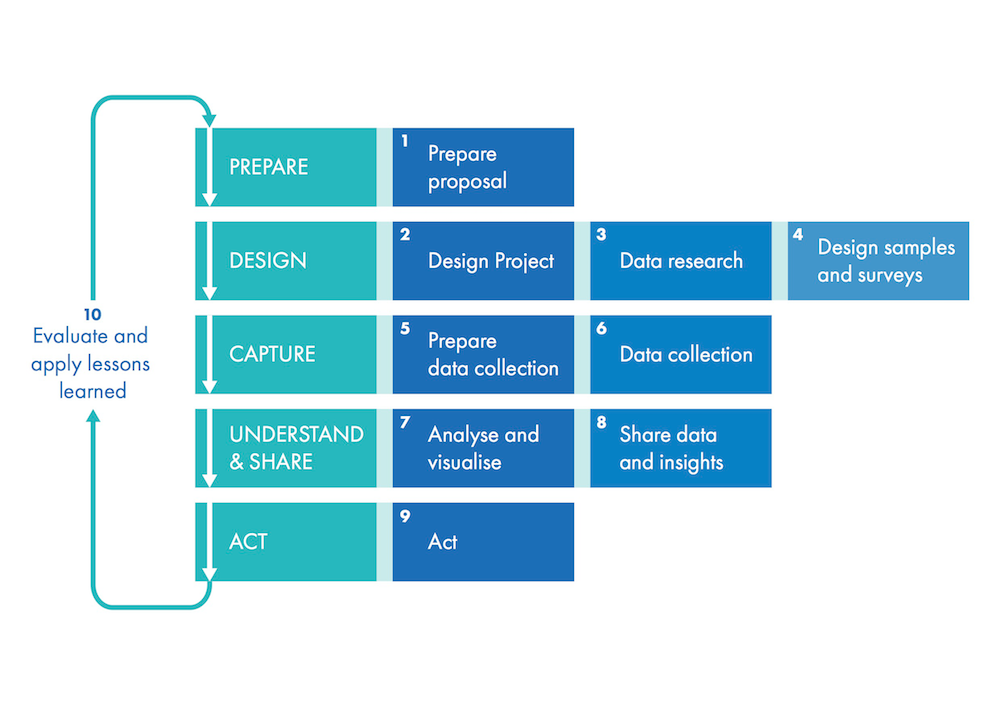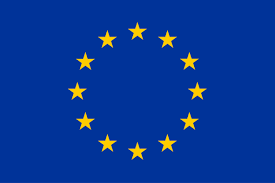Difference between revisions of "Handbook on Data Collection"
From Akvopedia
| Line 1: | Line 1: | ||
| + | {{English-French-box|english_link=Handbook on Data Collection | french_link=Manuel sur la collecte de données }} | ||
| + | |||
The AfriAlliance Handbook provides guidance on how best to develop a data collection project to ensure high quality data is collected and maximum impact is achieved. The Handbook covers vital elements to consider when designing and implementing a data collection project, focusing on the development sector and including extra resources for more information. | The AfriAlliance Handbook provides guidance on how best to develop a data collection project to ensure high quality data is collected and maximum impact is achieved. The Handbook covers vital elements to consider when designing and implementing a data collection project, focusing on the development sector and including extra resources for more information. | ||
Revision as of 04:03, 2 December 2018
| |
The AfriAlliance Handbook provides guidance on how best to develop a data collection project to ensure high quality data is collected and maximum impact is achieved. The Handbook covers vital elements to consider when designing and implementing a data collection project, focusing on the development sector and including extra resources for more information.
How the Handbook is organised
Acknowledgements
AfriAlliance
| The Africa-EU Innovation Alliance for Water and Climate (AfriAlliance), is a 5-year project funded by the European Union’s H2020 Research and Innovation Programme. It aims to improve African preparedness for climate change challenges by stimulating knowledge sharing and collaboration between African and European stakeholders. Rather than creating new networks, the 16 EU and African partners in this project will consolidate existing ones, consisting of scientists, decision makers, practitioners, citizens and other key stakeholders, into an effective, problem-focused knowledge sharing mechanism. |
| AfriAlliance is lead by the IHE Delft Institute for Water Education (Project Director: Dr. Uta Wehn) and runs from 2016 to 2021. The project has received funding from the European Union’s Horizon 2020 research and innovation programme under grant agreement No 689162. |
Akvo
| This handbook was written by Akvo in collaboration with the partners in the AfriAlliance consortium. Akvo works with governments and non-governmental organisations that strive for equal access to public services, reliable infrastructure and a safer environment. Good data is critical for effective decision making, collaboration, and accountability. Akvo provides partners with the data platform to help them capture, clean, visualise and share data. That data platform is supported by a series of services to build local expertise and ensure success from data to decision. With five regional hubs in five continents, Akvo has supported over 20 governments and 200 organisations in more than 70 countries. |
License
| The content of this handbook may be re-used under the Creative Commons 3.0 Attribution 3.0 Unported (CC BY 3.0) license. |


